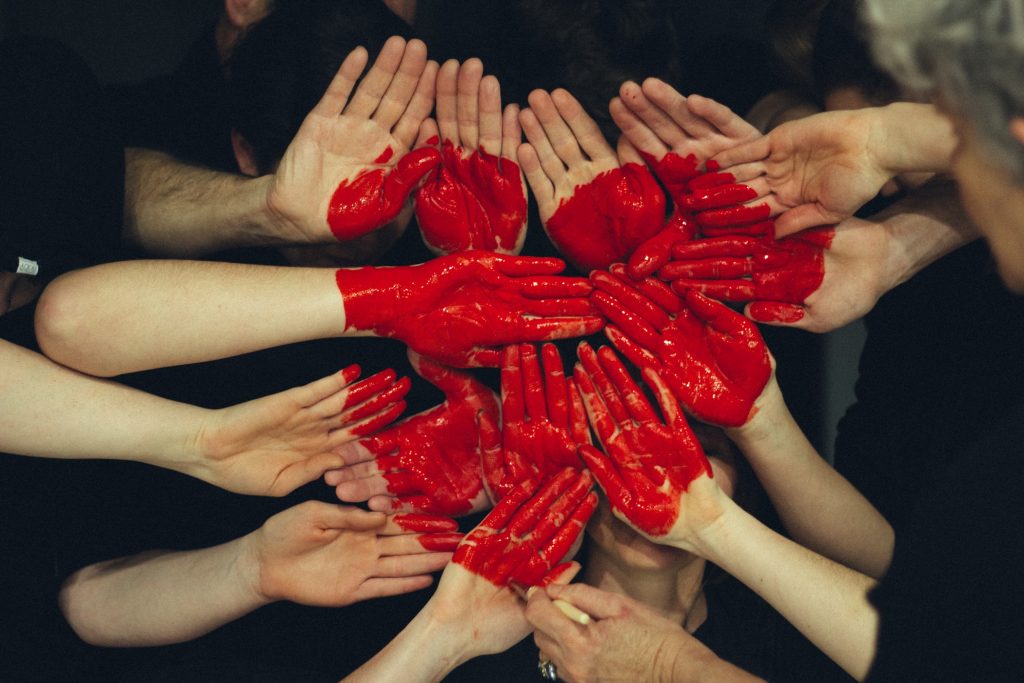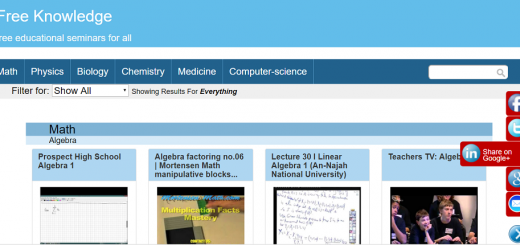Collaboration: the one thing that all startups need to improve and do
Last week, I sent a quote to a large European client for Facenition, our startup. I wouldn’t have known about this RFP (Request For Proposals) if a Berlin startup, which operates in the same niche as we do—retail analytics—hadn’t informed me. We decided to submit a joint proposal, offering several services from both Facenition and the other startup. Despite competing in the same market niche, we found a smart way to collaborate: by joining forces to provide a wider range of solutions, increasing our chances of securing the client over larger, more established companies.
Large companies have a competitive advantage over startups due to their experience, financial resources, and strategic partnerships. However, collaboration between startups can level the playing field.
Collaborating in Multiple Ways
We collaborate in other ways too. For example, whenever I spot an investor who might be interested in what they do, I share the details with my friend, and vice versa. This may seem counterintuitive, but sharing information and opportunities with a competitor can actually increase your chances of success. For instance, I applied for three grants I wouldn’t have known about if my friend hadn’t shared the information with me.
The Mathematics of Collaboration
Consider two investment programs, and you only know about one. If 1,000 startups apply for each program and only 10 are selected, your chance of getting funding is 1%. By sharing information with your competitor, you both now know about both programs, doubling your chances. If your friend finds out about another program and shares it with you, your chance of winning increases from 1% to nearly 2%.
Ideas on How to Collaborate with Others
- Identify the Right People Steven Pinker, in his book “How The Mind Works,” discusses humans’ inherent mechanisms for collaboration and information sharing. However, it’s essential to avoid cheaters—those who only take and never give. Use your instincts to identify trustworthy individuals and avoid those who ask for contracts or agreements before getting to know you.
- Give Without Conditions Giving without expecting anything in return helps build strong relationships. Observe how others respond and reciprocate. Focus on people who give freely and avoid those who calculate their help to the smallest detail.
- Build Long-Term Relationships Building long-term relationships is key to successful collaboration. Connect with people on social media, set up phone calls, video calls, and even face-to-face meetings. Invest in relationships, and the payoff will be worthwhile.
- Share Information Share valuable information, such as potential clients, grants, conferences, and ideas, with your network. Think of information sharing as a communal resource, much like sharing food in a hunting-gathering society. Helping others with useful information will earn you favors in return.
- Challenge Your Ideas Discuss your ideas with new contacts and listen to their feedback. This can provide valuable insights and help you refine your strategies.
- Investor Relations Share your investor contacts with others. If an investor turns you down, they may still be valuable to someone else. By connecting them with others, you build a network of people who owe you favors, increasing your chances of success.
In conclusion, collaboration with competitors can significantly enhance your startup’s chances of success. By sharing information, building strong relationships, and helping others, you create a network of support that benefits everyone involved.
Until next time –
Yours –
Eran




